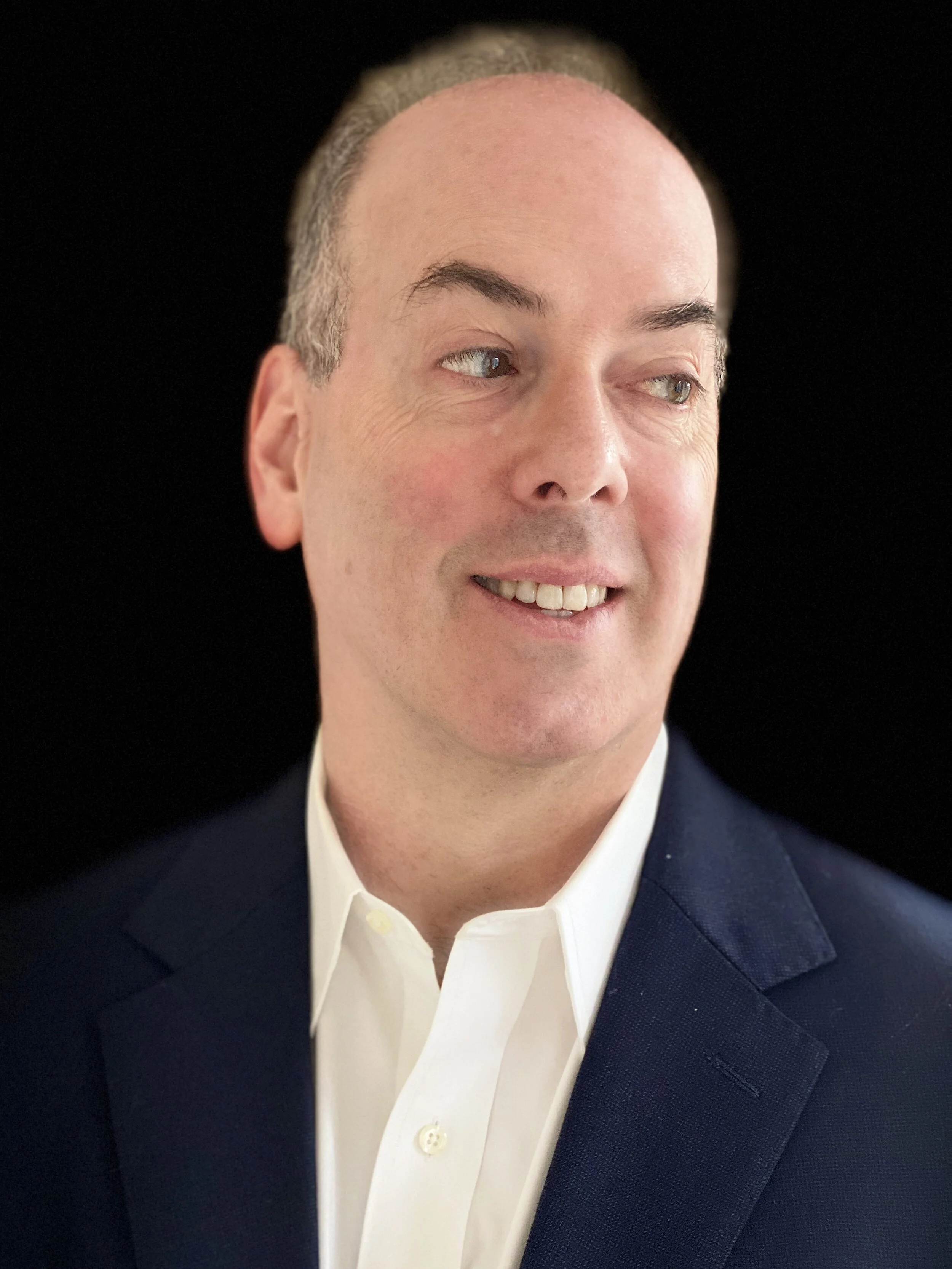Photo credit: Corinna Andiel
Benjamin Carter Hett
As a kid growing up in Edmonton, Alberta, Canada, Benjamin Carter Hett had some strenuous jobs – as a waiter in a truck stop, a gopher for a bricklayer, a sax player in a Ukrainian wedding band. He squandered his money in video arcades and lived and died with the Edmonton Oilers of the NHL (in the days when Wayne Gretzky played there). Then, somehow, he became a historian.
Hett was born in Rochester, New York, to a mother who was a New York City native and to a father from Kitchener, Ontario (a town that was home to many German immigrants and was called Berlin until the outbreak of the First World War made that name seem a little dodgy).
Around the end of college, Hett concluded it would be a good idea to be a lawyer. He earned a J.D. from the University of Toronto Law School and practiced corporate litigation for four years, quickly becoming much less certain about the goodness of the idea. Eventually, in what was probably his finest act of lawyering, he persuaded the History Department of Harvard University to admit him to its Ph.D program, from which he graduated in 2001.
Only then did he begin to realize his time as a lawyer had not been entirely wasted. Hett’s first book, Death in the Tiergarten, was published in 2004. It was a study of what happened in the criminal courts in Berlin in the years between 1891 and 1914 – based on extensive research into court records, newspapers, novels, memoirs, and plays from that era, and on Hett’s realization that lawyers are pretty much lawyers wherever they might be and tend to do the same kinds of things.
Other books blending German history with legal themes followed. In 2008 came Crossing Hitler, a biography of the courageous anti-Nazi lawyer Hans Litten, which was also made into a television drama and a documentary for the BBC (“The Man Who Crossed Hitler,” staring Ed Stoppard and Ian Hart, and “To Stop A Tyrant,” Hett’s first appearance in a documentary film). Crossing Hitler was followed in 2014 by Burning the Reichstag, a historical detective story in which Hett set out to use stacks and stacks of recently released legal records to reconstruct what happened on that night in 1933 when the Reichstag burned, and to figure out what drove the bitter and highly political controversy about the fire for years afterwards.
The fourth book in this series took up the remarkable story of Otto John – the West German intelligence chief who in 1954 either defected to the Soviets, or was kidnapped by them. The mystery about what really happened to John has remained, but Hett and his co-author Michael Wala combed through recently declassified intelligence documents from Germany, Britain, Russia, and the USA to come up with some answers. The result was Otto John – Patriot oder Verräter: Eine Deutsche Biographie (Otto John – Patriot or Traitor: A German Biography) published in 2019.
In the last few years, Hett has turned to broader themes: the rise of the Nazis in Germany and the coming of the Second World War. His widely acclaimed 2018 book The Death of Democracy looked at why democracy failed in Germany in the early 1930s, finding that the answer lay in a widespread protest against the effects of globalization that was co-opted by powerful business and military elites who thought they could use the movement for their own purposes.
The Death of Democracy has now been followed by The Nazi Menace (2020) on the coming of the Second World War. This is a story of a global crisis of democracy, affecting new and old democratic systems alike; of reckless demagogues trying to escape the restraint of their national security advisors; of democratic leaders who collaborate with hostile foreign powers, while nativist political movements try to block the arrival of desperate refugees. It is, in short, a story of the 1930s which draws alarming parallels to our time.
Since 2003 Hett has been a history professor at Hunter College and the Graduate Center, City University of New York. He makes regular appearances as a speaker, on radio, television, and podcasts, and in historical documentaries. He lives in New York City.
